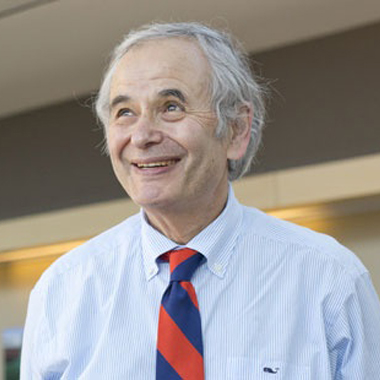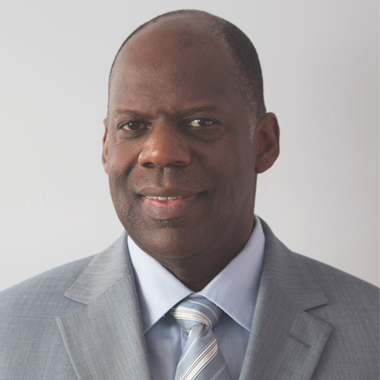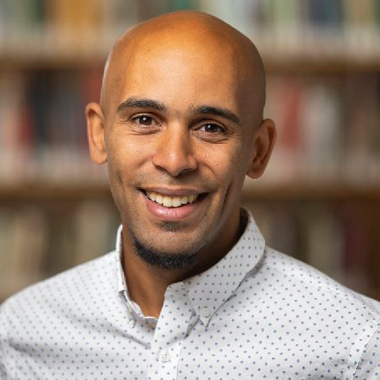 Richard Arenberg
Richard Arenberg
INTERIM DIRECTOR, TAUBMAN CENTER FOR AMERICAN POLITICS AND POLICY; SENIOR FELLOW, WATSON INSTITUTE FOR INTERNATIONAL AND PUBLIC AFFAIRS; VISITING PROFESSOR OF THE PRACTICE OF POLITICAL SCIENCE
The final presidential debate was a marked improvement over the first debate, although that was an easy standard to exceed. The president remained under control, did not interrupt his opponent and even squeezed out a compliment for the night’s moderator, Kristen Welker, whom he had criticized bitterly earlier in the day.
Although the instant CNN poll indicated a substantial Biden win among viewers, 53% to 39%, I thought this was not Biden’s best performance. His answers and parries lacked crispness, and his body language seemed downcast. Biden even made the classic debate error of glancing at his watch as if he wanted to be off the stage.
That said, the best way to judge a presidential debate is to measure each of the candidates by how their performance measured up against their objectives for the night.
Donald Trump entered the debate with his campaign hemorrhaging. He clearly trails in the national polls. The Real Clear Politics average showed an 8 percentage point advantage for Biden and a slightly smaller lead in polls of most all of the battleground states key to an Electoral College victory. His objective for the night had to be to do something to dramatically change this dynamic. While his performance may have firmed up some of his soft support, nothing about the debate suggested that it would have a large impact on the trajectory of the election.
For Biden, the objective was simple: do no harm. He successfully crossed that low bar.
With about 50 million votes already cast and 10 days left, absent a major unexpected event, the direction of this election — which has been stable for months, probably the most stable election in recent history — seems clear. The president’s campaign for re-election is in serious trouble.
A crucial remaining question is whether, given all that has been said about the legitimacy of the mail-in vote process and foreign interference in our election, the American people will have confidence in the outcome, and whether the transfer of power, if it comes, will be peaceful. The peaceful transfer of power is the gold standard of democracy and has been since George Washington. For perhaps the first time, it cannot be taken for granted.
 Richard Arenberg
Richard Arenberg Ronald Aubert
Ronald Aubert Juliet Hooker
Juliet Hooker Myles Lennon
Myles Lennon Megan Ranney
Megan Ranney Wendy Schiller
Wendy Schiller